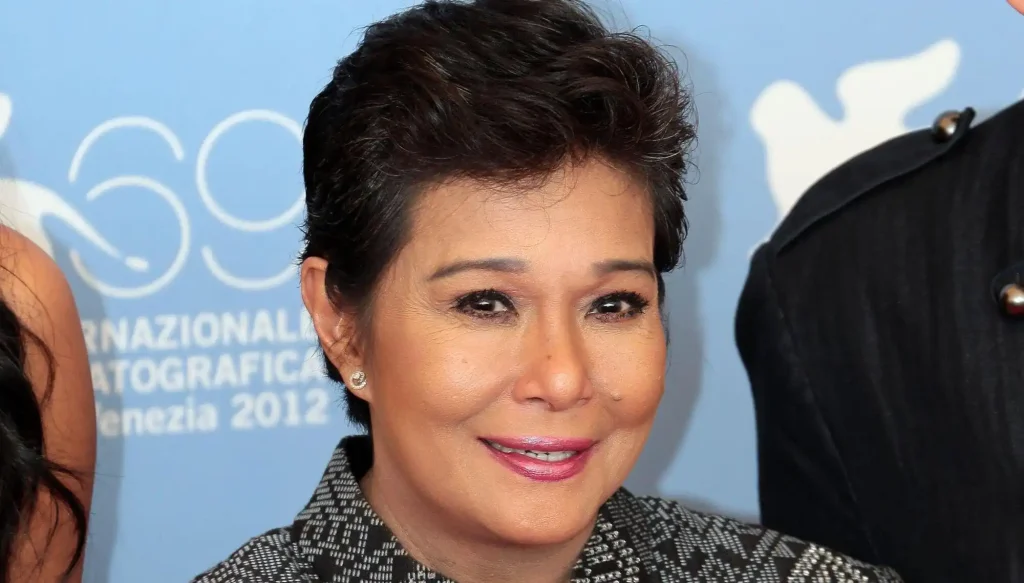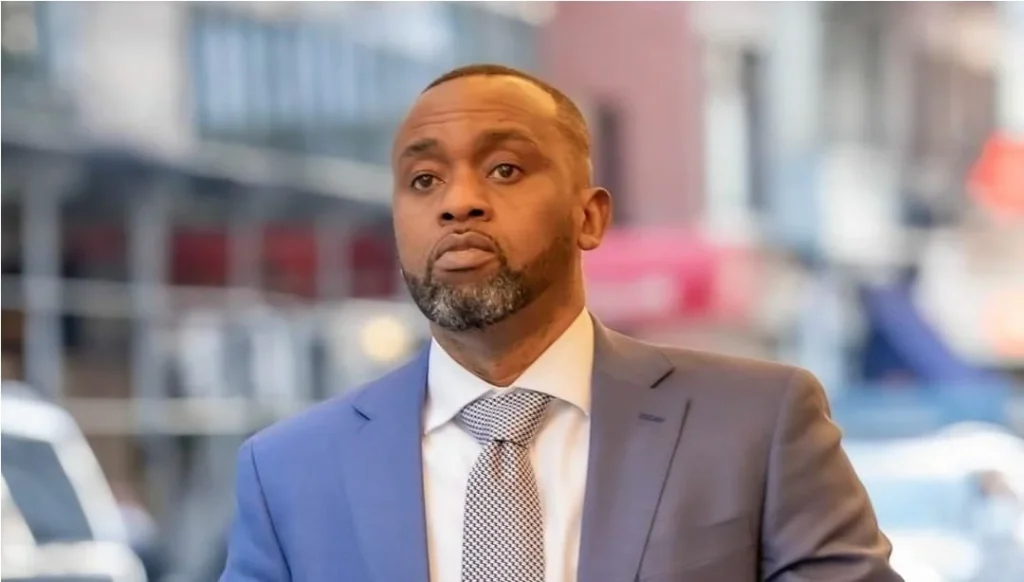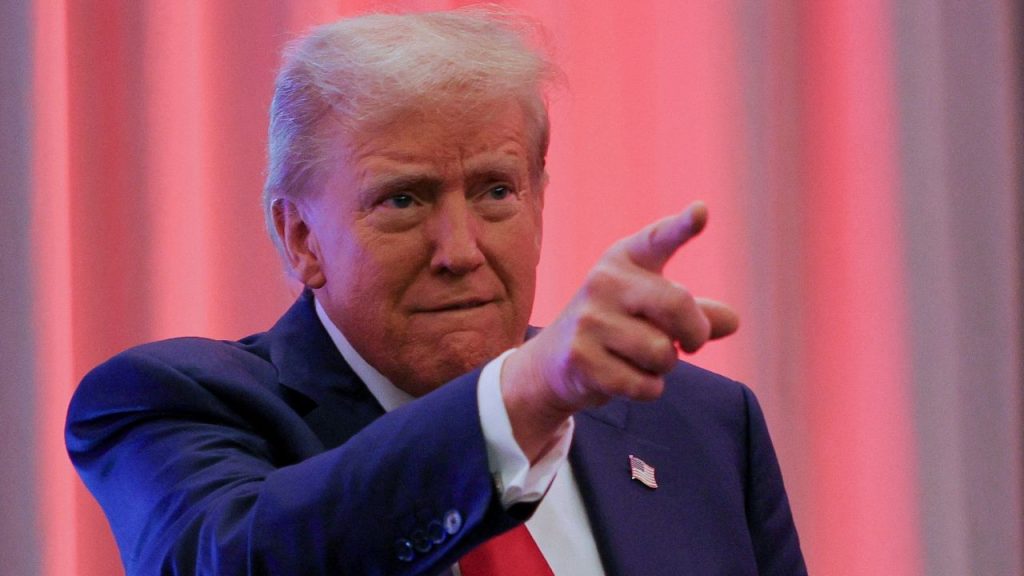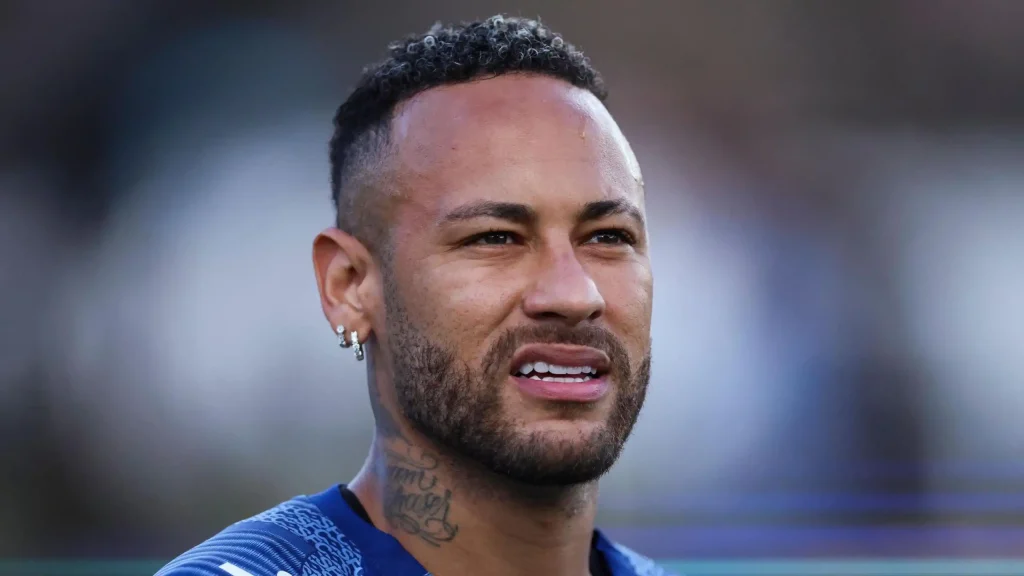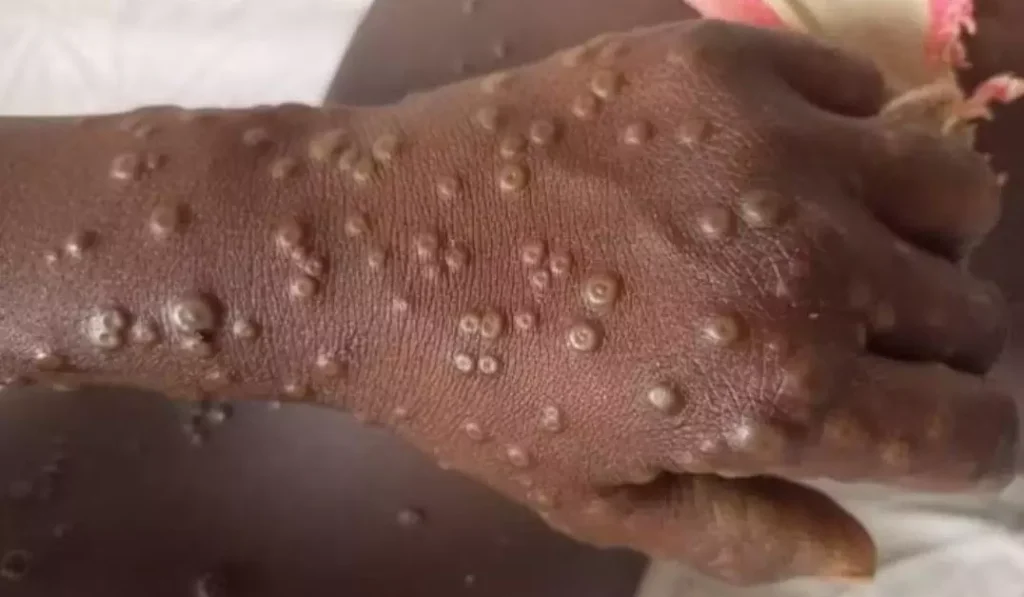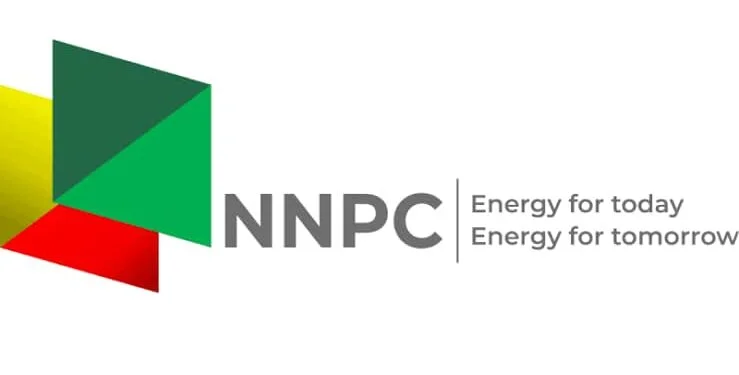In January 2025, the U.S. government, under President Donald Trump, announced a 90-day suspension of foreign aid funding, encompassing critical health programs such as the President’s Emergency Plan for AIDS Relief (PEPFAR). This decision has raised global concerns, particularly in countries heavily reliant on U.S. aid for healthcare services.
Dr. Chinonso Egemba’s Call to Action
Dr. Chinonso Egemba, a Nigerian medical professional known as “Aproko Doctor” on social media, has voiced apprehension regarding Nigeria’s dependence on foreign aid for its healthcare system. In a recent post on X (formerly Twitter), he emphasized the urgency for Nigeria to strengthen its healthcare infrastructure independently.
“Now is the time to take our health system seriously. The second-best time was yesterday. Nigeria cannot continue to depend on donations for its own healthcare,” Dr. Egemba stated.
Potential Impact on HIV Treatment
Dr. Egemba highlighted the severe implications of the funding suspension on individuals living with HIV in Nigeria. He noted that antiretroviral drugs, essential for suppressing the virus and preventing its transmission, are predominantly provided through international donations due to their high costs.
“If Nigeria doesn’t rise to the occasion and take charge, infections will rise—currently close to 200,000 new infections every year. People will die from AIDS because drugs are not available,” he warned.
Broader Health Implications
Beyond HIV, the suspension of U.S. aid is expected to affect the treatment and prevention of other diseases such as tuberculosis and malaria. Nigeria’s healthcare system, already under significant strain, may face additional challenges in managing these diseases without external support.
“Our already burdened healthcare system will be burdened further, which might be make or break,” Dr. Egemba added.
Nigeria’s Reliance on Foreign Aid
Nigeria has historically depended on foreign aid to support critical health interventions. Programs like PEPFAR have been instrumental in providing resources for HIV/AIDS treatment and prevention. The recent suspension of U.S. aid underscores the vulnerabilities associated with such dependence.
Calls for Sustainable Healthcare Financing
The current situation has prompted calls from healthcare professionals and advocates for Nigeria to develop sustainable healthcare financing mechanisms. By investing in its healthcare infrastructure and reducing reliance on external aid, Nigeria can better manage health crises and improve overall public health outcomes.
Conclusion
The suspension of U.S. foreign aid serves as a critical reminder of the need for Nigeria to prioritize and invest in its healthcare system. Building a self-reliant healthcare infrastructure is essential to ensure the well-being of its citizens and to mitigate the impact of external funding fluctuations.






